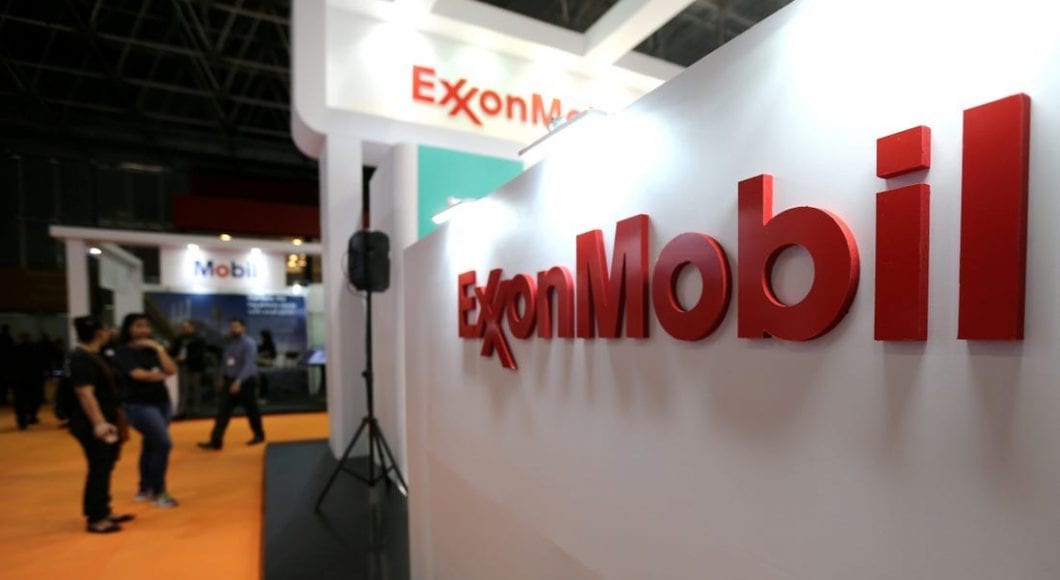(Bloomberg) — Exxon Mobil Corp. is preparing to reduce headcount at its U.S. offices by between 5% and 10% annually for the next three to five years by using its performance-evaluation system to suss out low performers, according to people familiar with the matter.
The cuts will target the lowest-rated employees relative to peers, and for that reason will not be characterized as layoffs, the people said, asking not to be identified because the information isn’t public. While such workers are typically put on a so-called performance improvement plan, many are expected to eventually leave on their own. This year’s evaluation is happening now but affected employees have not yet been notified, the people said.
“Our annual performance assessment process has been occurring over the last several months,” Exxon spokesman Casey Norton said in an email. “Where employees are not contributing to their highest ability, they may need to participate in an improvement plan. This is an annual process which has been in place for many years, and it is meant to improve performance. This process is unrelated to workforce reduction plans.”
The plan is separate from Exxon’s announcement last year that it will cut 14,000 jobs worldwide by 2022, and it would extend reductions well beyond that original time frame. It’s a tumultuous time for Exxon, which is still grappling with the fallout from last month’s annual meeting, when shareholders rebuffed top management and replaced a quarter of the company’s board over climate and financial concerns.
Exxon had 72,000 employees globally at the end of last year, of which 40% worked in the U.S., according to a company filing.
White-Collar Jobs
Several high-profile traders have also left in the last few weeks. While the performance-review process mostly applies to white-collar jobs such in areas such as engineering, finance and project management, there’s no suggestion the trading departures were related to the review program.
Exxon’s other cost-cutting initiatives have included suspending bonuses and halting employee-contribution matches to 401k savings plans as the pandemic crushed demand for crude, saddling the company with a record annual loss.
International crude prices have surged 44% this year to almost $75 a barrel, improving Exxon’s financial position markedly. Still, the supermajor has some way to go to pay down debts accumulated during 2020’s market collapse. A smaller and more efficient workforce is key to further improvements.
Exxon achieved $3 billion of annual “structural cost reductions” in 2020 and will continue to make savings through 2023, Chief Executive Officer Darren Woods said at the annual meeting in May.
“We’ve got additional work to continue to take advantage of the new organization and find opportunities to reduce our costs,” Woods said.
Exxon’s shares rose 3.6% to $62.59 at the close in New York trading amid a broad rally in energy stocks on stronger oil prices.



